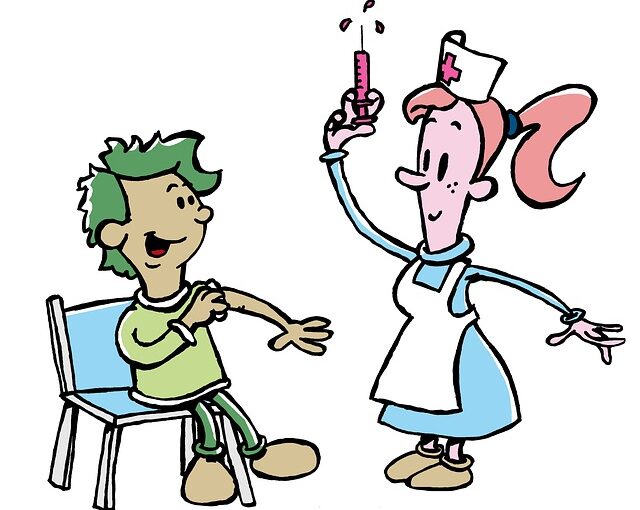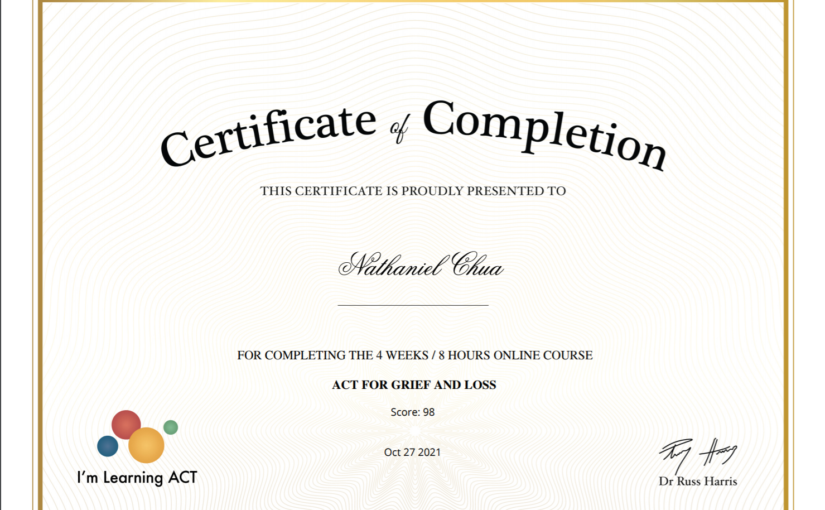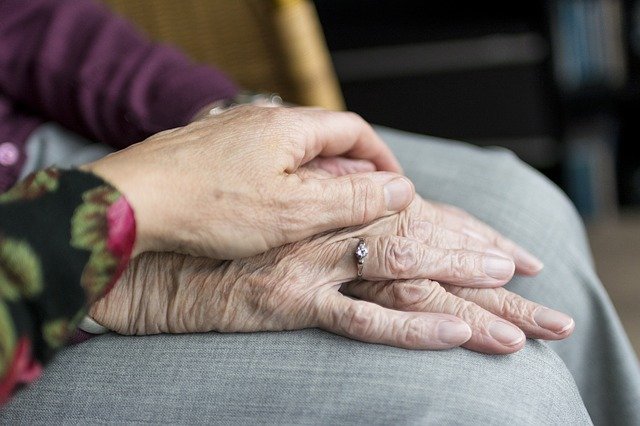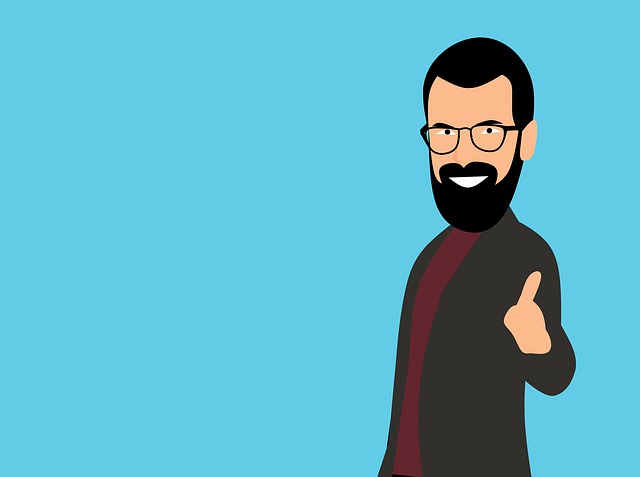by Nathan Chua
If we were trained to look at the ads we see everywhere from our mobile devices to the busy highways we go through in our regular commute, we can pretty much sum up what they’re selling us in one word. Would you like to venture a guess? That new car, that shimmering bottle of beer (that in reality is rather bitter and awful-tasting), that outfit, or even that loan that you have to pay off in a matter of a month to 20 years, are invariably supposed to make us feel good! So what in one word are they selling us? Happiness!
Having this in mind, the helping-people business has not been above the culture of the times. It is understandable that for about a century now, the field of psychology has devolved into an endeavor of classifying us into a set of symptoms or syndromes. The goal then becomes removing or lessening the four out of seven or the five out of nine signs that you are, for example, a borderline personality. This is what experts have called symptom-reduction therapies. Let’s remove your anxiety and depression so you can start moving on with your life, at least to the level of “normality.” To borrow from one of the pioneers of Acceptance and Commitment Therapy, it’s sort of like looking at how a fountain works by trying to figure out the different colors and patterns, and seeing how these can be explained.
Unfortunately, such endeavors have only left places where people have been almost literally drugged out of existence. It turns out that removing these “negative” emotions has a costly side effect: not feeling at all! There has been no science to determine that there is a germ or microbe or gene that causes mental problems. The drugs only serve to numb us–something that dead people can do better than we who are alive.
Too much anxiety? Well, here’s a drug to keep you relaxed. Too much depression, well here’s something to perk you up. It can go so bad as to make those who take these medications dependent on them. As another expert has said, it’s become so prevalent that in their country, the chemicals that are used in these antidepressants are now found in their water. Moreover, there are now drugs to treat the very side effects that such medications can create. And with trained eyes, you can sum up what these drugs are selling in one and the same word again–Happiness! The objective is to remove those feelings and thoughts first before you can start living a worthwhile life.
Fortunately, the group of people that Dr. Steven Hayes has assembled, have come up with something called process-based therapy. Dr. Kirk Strosahl who likened the way symptom reduction therapies work to explaining or addressing the phenomenon of a water fountain by the numerous colors and patterns that it makes, explains it this way: That if we were engineers studying how this fountain works, we will see that underneath it, is a simple combination of processes that a few tubes combine to do, to make it look intricate.
I have seen it in the people I have met in my work, where they come in with glassy eyes, looking enervated and lifeless. It breaks my heart to see this. In my work, I would love to see the exact opposite happening to my clients. I would love to see them bubbling with energy and enthusiasm for what life has to offer.
The culture nowadays provides for an environment where people (and that includes me) are unintentionally tricked into believing that life is about feeling good. The meaningful life has become about having the right kind of car, job, or even partner. Got this or that and you and I will be happy all the time. Well, first of all, that goal is impossible. Secondly, some of the most meaningful parts of life revolve around something we did that was hard and anxiety-causing.
I often use the following vignette to give my clients a new perspective towards life and what it is that we come to therapy for:
“If you look back at a graduation ceremony of a child, or a wedding, or any of these momentous occasions, don’t you at some point want to shed a tear? Why? Is it because raising a child and putting them through school was always happy and joyful? Is culminating a long-term relationship during a wedding all just about having fun? Or was it more like, you went through a lot of hardship and trials and somehow made it through together? The most meaningful and purposeful moments were hard, full of ups and downs, and of unpredictable and anxiety-causing moments! The tears would mean you somehow pulled through and made it! You did the hard thing, the brave thing! That’s why you come to me for counseling. Not just to be happy but always pursuing that which gives you purpose and meaning, until you breathe your last! And that’s how that wiser part of you says you were meant to live.”










